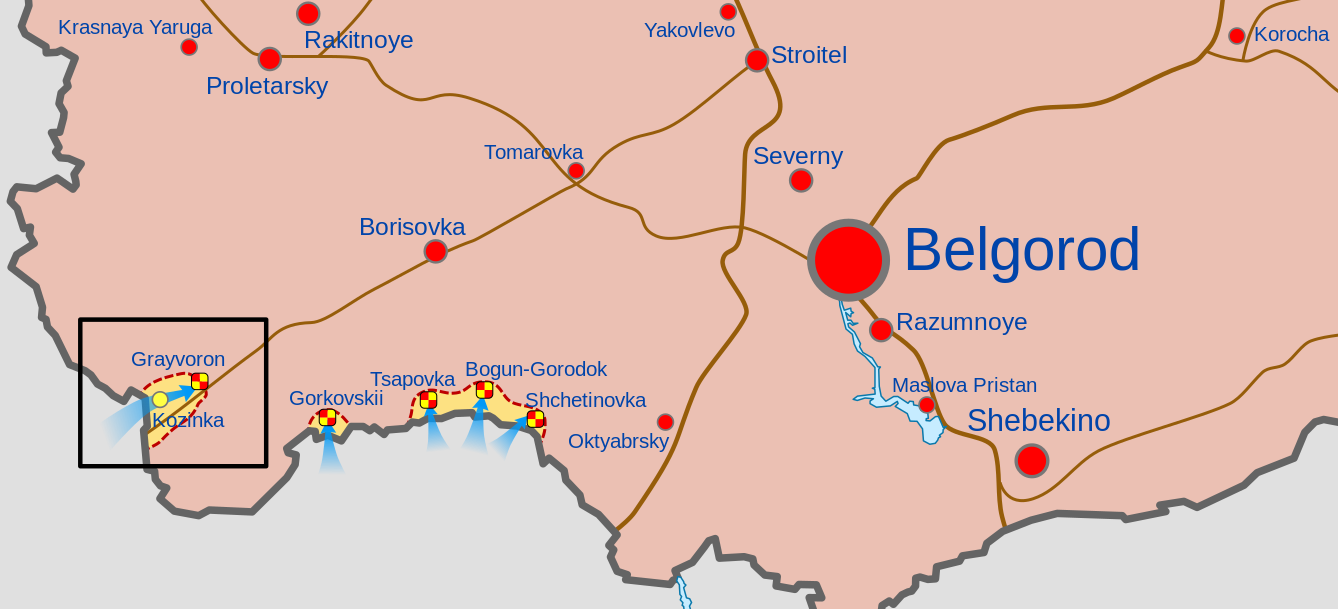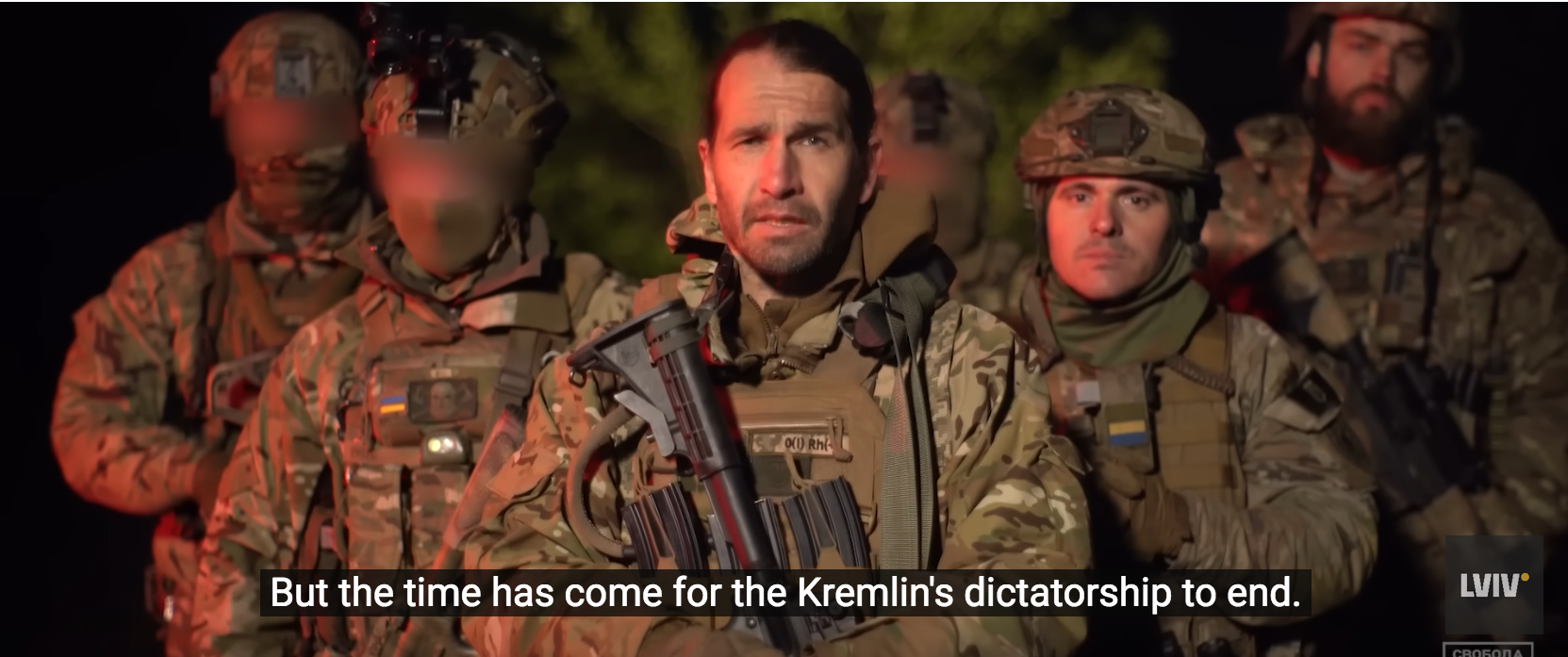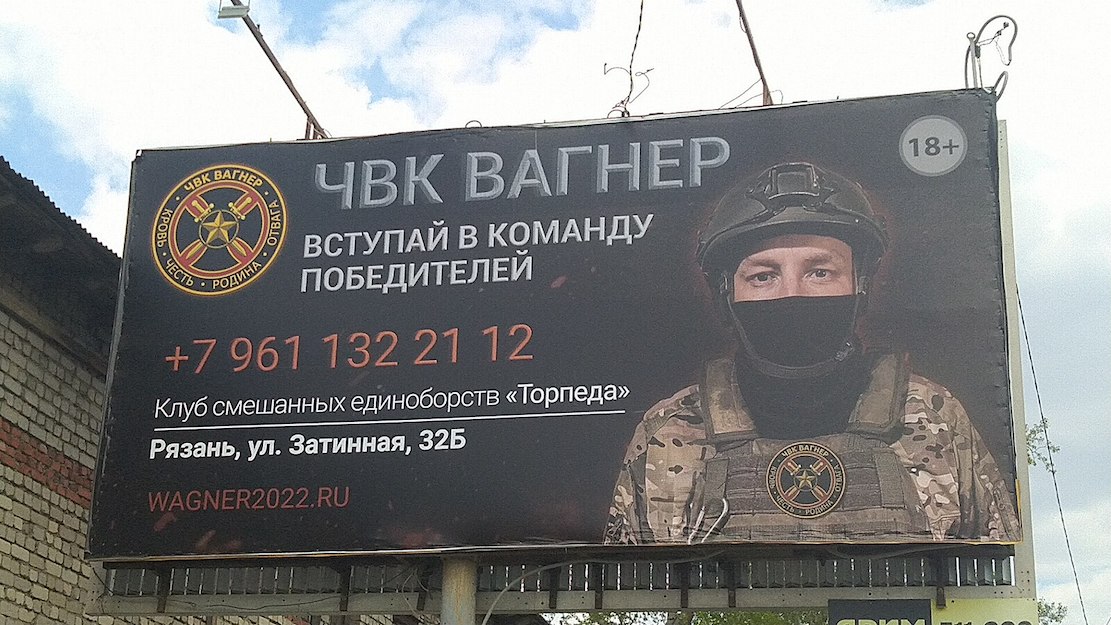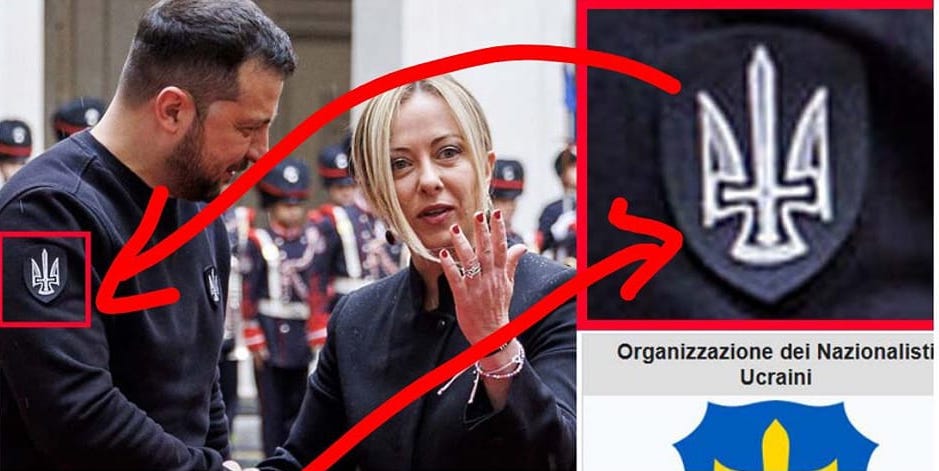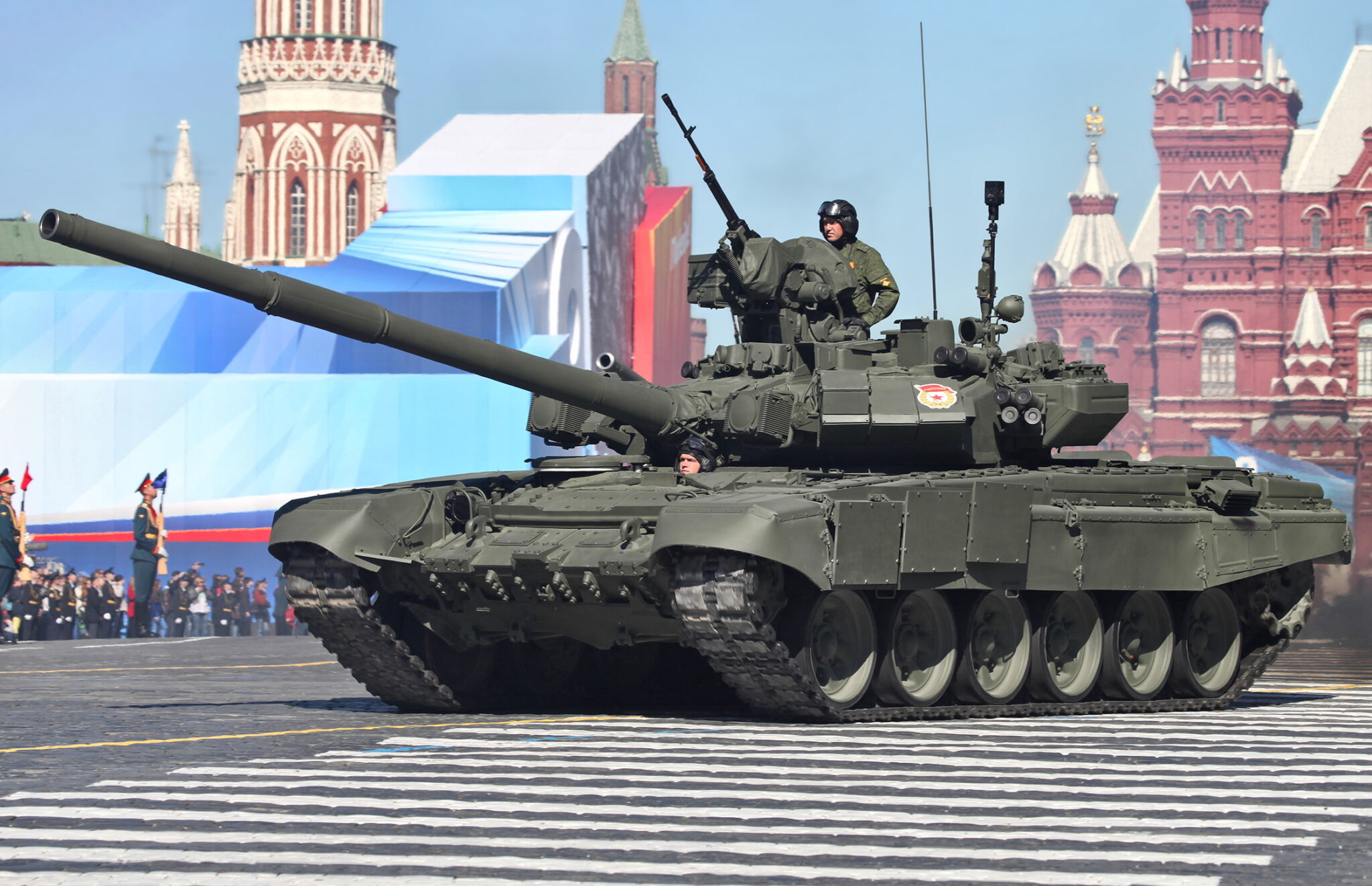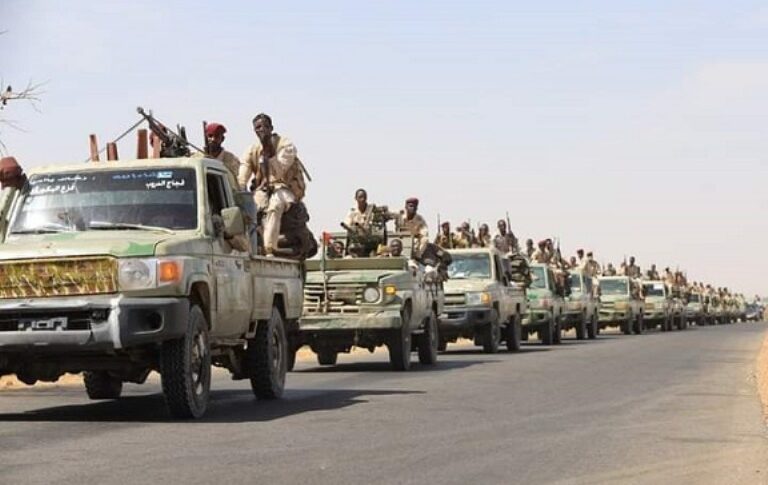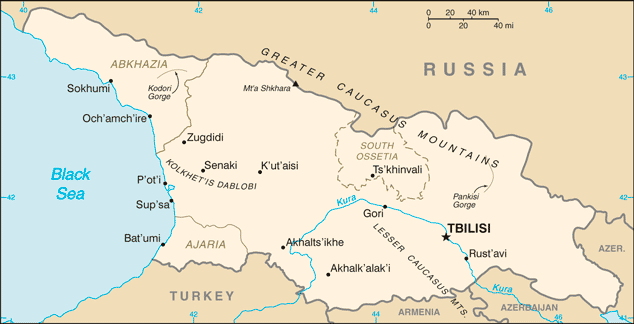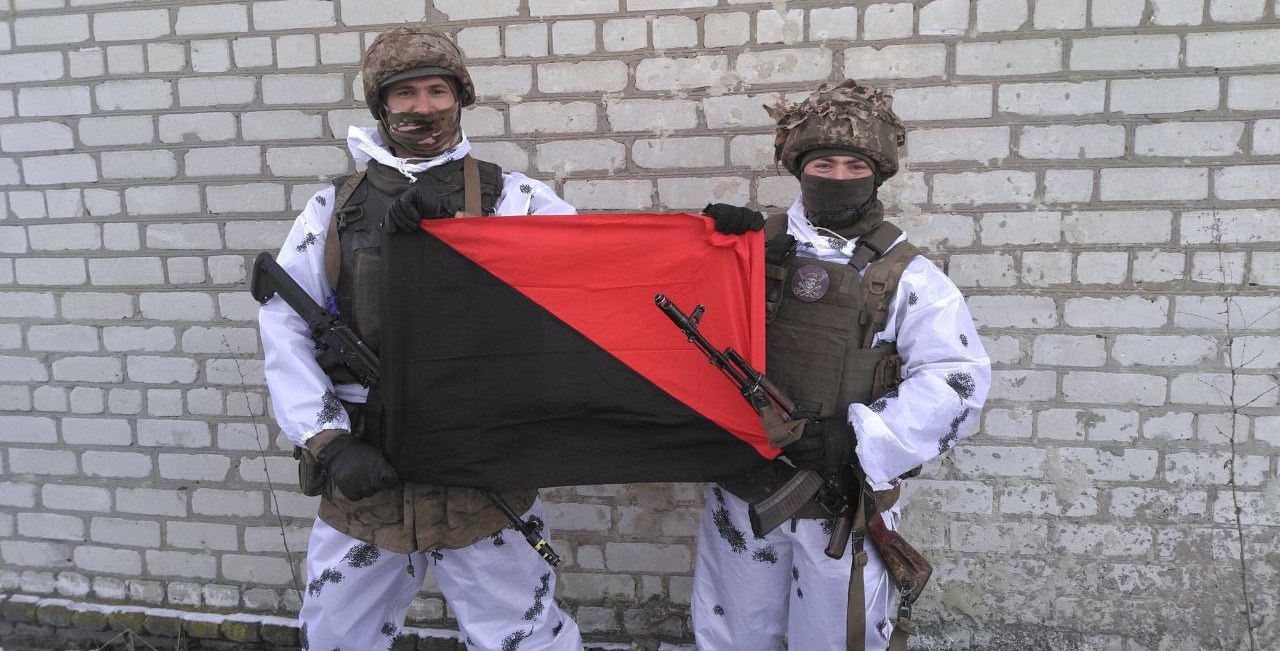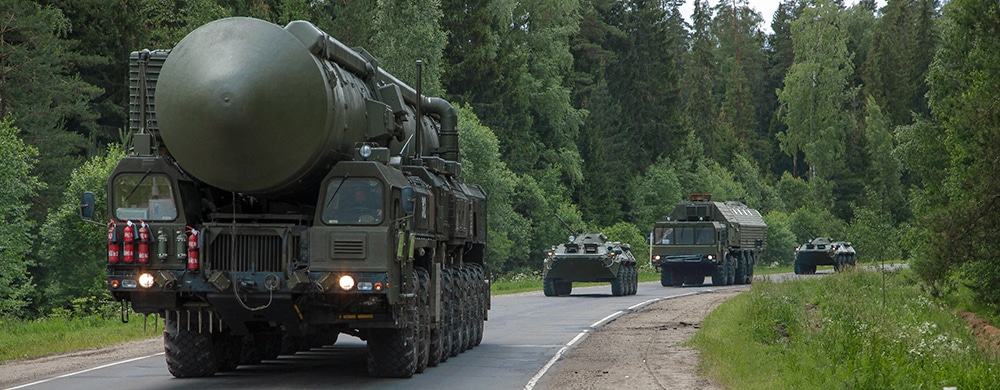
Belarus: Russian nuclear deployment advances
At a meeting of the Collective Security Treaty Organization in Minsk, Russian Defense Minister Sergei Shoigu and Belarusian Defense Minister Viktor Khrenin signed documents allowing Russian tactical nuclear weapons to be deployed on Belarusian territory. Shoigu and Khrenin cited a “sharp escalation of threats on the western border of Russia and Belarus.” Meanwhile, at a meeting of the Eurasian Economic Union in Moscow, Belarusian President Alexander Lukashenko implied to an interviewer that the nuclear weapons may “already” be stationed in Belarus. The European Union responded to the signing with a statement condemning the agreement, calling it “a step which will lead to further extremely dangerous escalation.” (Photo: Russian Ministry of Defense via BAS)



